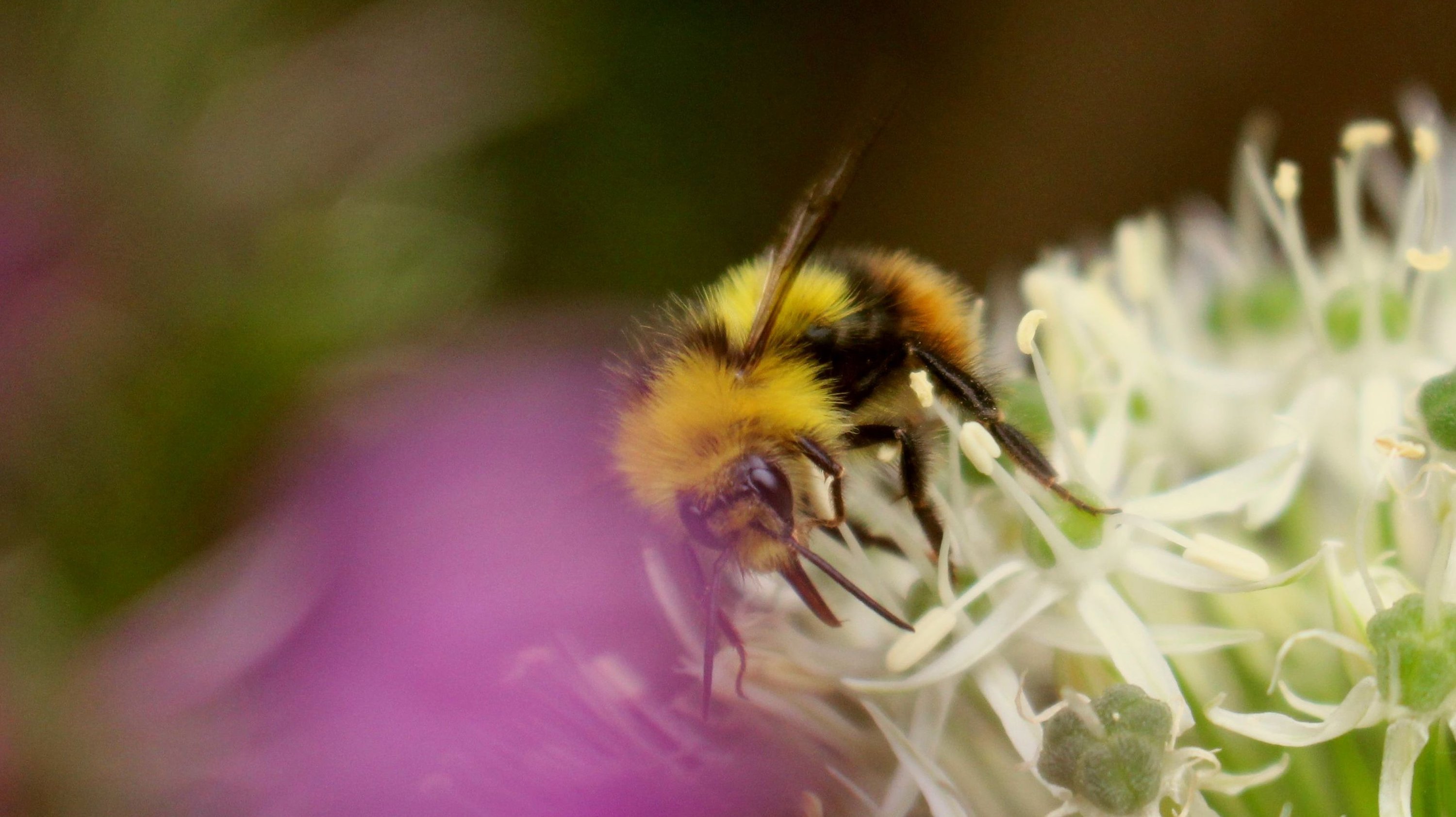
Aims
Theology Facing the Animal
Theological zoology sees itself as a contribution to enlarge a theology that has hitherto been mainly anthropologically oriented. Animals are considered in their intrinsic value and with appreciation, as it is certainly expressed in biblical texts. The project of a “theology facing the animal” shares common features with the concerns of the philosophical-secular animal ethics and at the same time points beyond it. It not only seeks to address ethical issues of responsible human interaction with animals and with creation as a whole, but also to clarify the significance of human relationships with animals for our understanding of ourselves as human beings, especially when we see ourselves as spiritual beings with a conscious relationship to God.
The terminology already suggests that theological zoology is an interdisciplinary project that includes not only natural science aspects, especially of behavioural and evolutionary biology, but also genuinely humanistic perspectives, interpretations, and interpretations of these findings.
The work of the Institute of Theological Zoology represents a fundamental paradigm shift. Of course, such a change is never without pain and polemics. In a decade or two at the most, all who may reflect will realize how forward-looking this concept is.
Klaus Müller, Seminar für philosophische Grundfragen (Seminar of Basic Philosophical Questions), WWU Münster, in Jahrbuch Theologische Zoologie, Band 1/2014
Theological Paradigm Shift
Theological zoology, in its scientific self-understanding, is the program for a fundamental theological paradigm shift. In view of this comprehensively critical approach, it sees itself as ecological and political theology.
“A misconception about creatures leads to a false knowledge about God and leads man's spirit away from God.” This is what the teacher of the church Thomas of Aquin (1225-1274) wants all those who practise theology to take to heart. Accordingly, a more detailed engagement with man's fellow creatures is by no means a luxury, but touches on the central questions of theology and spirituality. There is much to suggest that modern theology has fallen prey to a fatal misconception about the fellow creature animal. For the almost complete exclusion of the animals omnipresent in the Bible from theology and the associated attestation of their irrelevance lead to a falsified concept of creation. A theological appreciation of the animal aims to correct this error and contribute to a change of perspective, which can be summarised in the following triad:
1 learning to see oneself as a fellow-creature and not as somebody having fallen from heaven
2 meeting all fellow-creatures at eye level and not acting as master or mistress
3 wanting to open oneself up to the divine reality in the midst of the natural co-world
These core ideas of a contemporary theology of creation are interdenominational and interreligious.
Including natural sciences
Theological zoology is reinforced by the results of research on the human-animal relationship in various disciplines.
Behavioural biology (zoology) shows in a special and diverse way how close animals are to humans in thinking, feeling and acting. Jane Goddall was the first behavioural scientist who published in 1094 that chimpanzees use tools. At that time it caused an uproar among scientists. What still separates us from animals? Today we know that even the small cleaner fish has passed the so-called mirror test and that the assumption that only humans have self-awareness is therefore invalid.
Due to ecology we know how valuable even the smallest insect is for healthy and fertile plant life and for our food: mosquitoes pollinate plants like cocoa, mosquito larvae filter water, bees pollinate every third bite of our food. Every animal, no matter how small, has its niche, follows a certain order and has its own value in the whole, regardless of whether humans like the animal or find it “useful”.
Animal-assisted therapy shows how animals can open hearts, lift the atmosphere and be “healing helpers” just by being there. Thus, the inclusion of other disciplines is an important basis of the Institute's (ITZ) scientific research.
Imparting experiential knowledge
An important goal of the Institute of Theological Theology is to impart experiential knowledge, i.e. the individual experience of encounters with animals and the natural co-world of humans.
For the relationship between theology and nature, an important general theological premise is of great significance: personal experiences of nature paves the way to an inductive approach to spirituality and lead to experiential knowledge that enables us to question theological statements and guidelines critically.
A deductive approach based on religious beliefs and dogmas, on the other hand, blocks one's own access to perception and experience. Coming into contact with an animal or the direct experience of nature lead to amazement, e.g. also about the abilities and tasks of very small, seemingly insignificant creatures. It is not without reason that the monotheistic world religions speak of God being found not only in the Holy Scriptures, but also in the whole of creation. The ITZ offers experiential spaces, various educational formats and materials as a basis for cultivating experiential knowledge of the coexistence of humans, animals and nature.